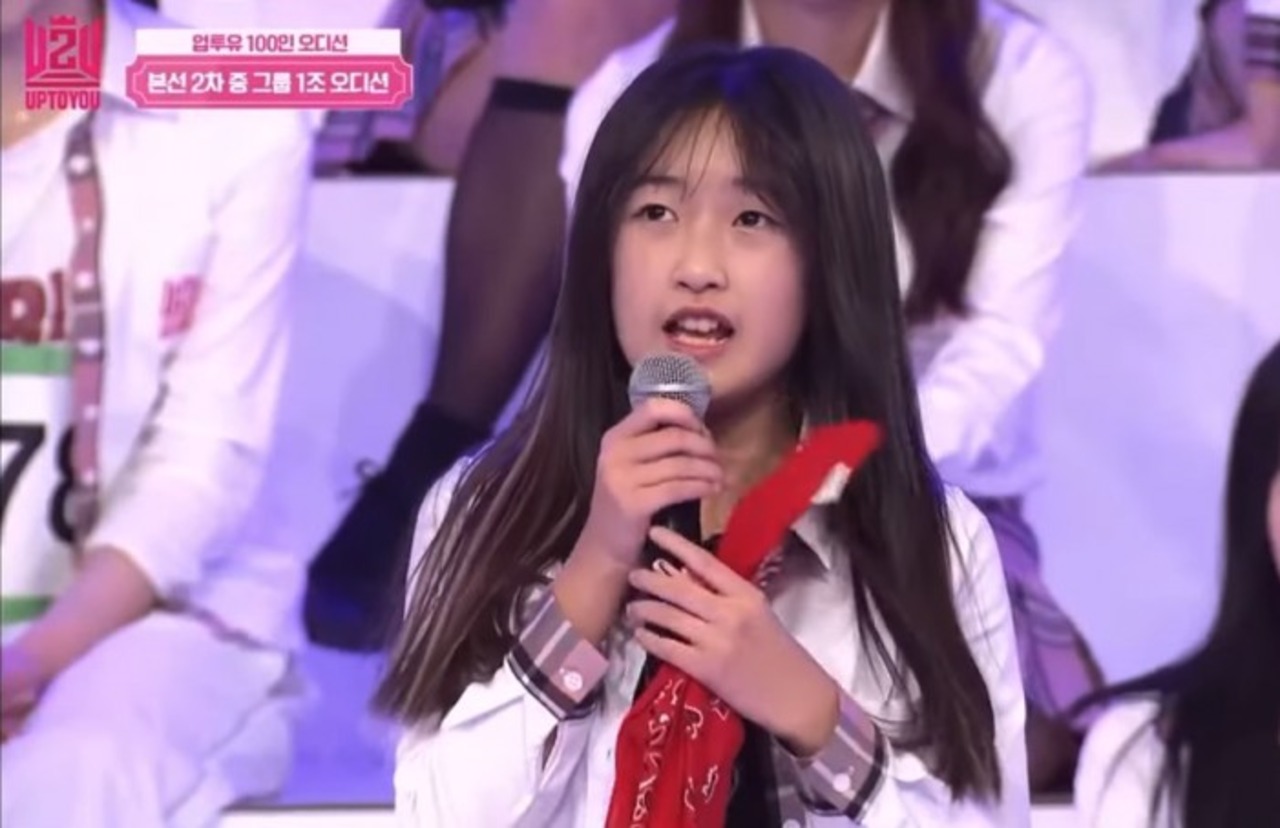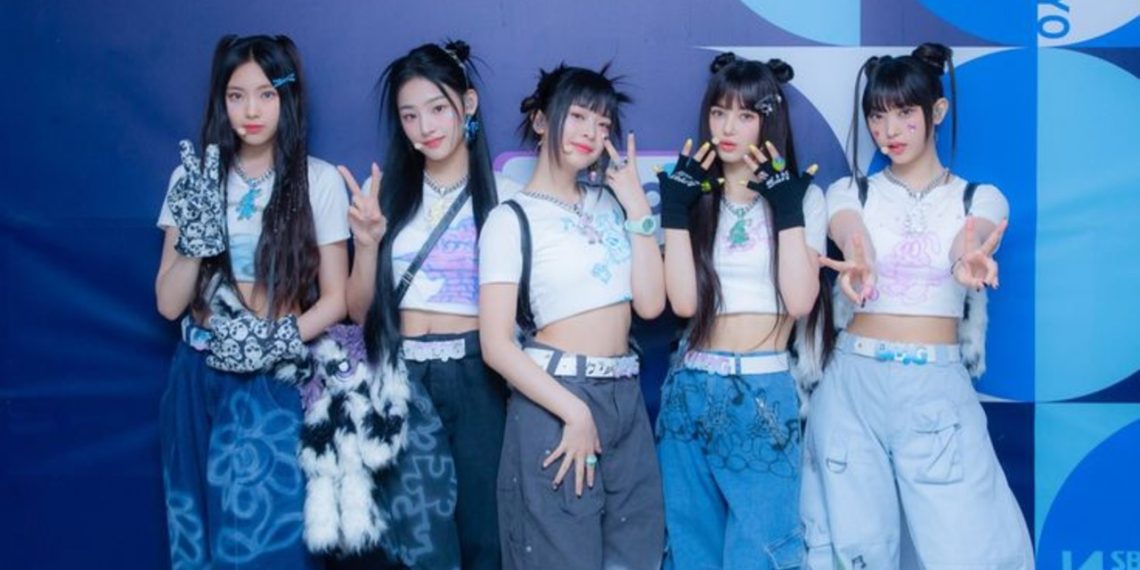The K-Pop industry is no stranger to discussions about the ethical concerns of debuting minors. With intense training regimens and demanding schedules, the industry’s high-pressure environment raises concerns about the physical and mental well-being of young idols. The recent rise in underage idols making their debut has once again sparked heated debate among fans, professionals, and even fellow artists.
NewJeans and the Ongoing Controversy
When NewJeans debuted in 2022 under ADOR, discussions about minors in K-Pop resurfaced. Three of the five members were underage at debut, with the youngest, Hyein, being only 14 years old. While their fresh and youthful concept resonated with audiences, it also raised concerns about young girls handling the pressures of the industry at such a formative age.
This isn’t a new issue. Historically, K-Pop has seen many young idols enter the scene, but as the industry grows and global scrutiny increases, the conversation around the ethics of debuting minors has intensified. Fans worry about the emotional toll, exploitation risks, and lack of a normal childhood for these young performers.
When the Age Gap Raises Eyebrows
The issue of minors debuting becomes even more complicated when the age gap between group members is extreme. A glaring example is the case of Kim Rayul, who debuted in the group formed through the reality survival program U2U: Up to You. Born in 2011, Kim Rayul was only 12 at debut, while the oldest member of the group was in their mid-20s.

This vast age gap—where the difference between the youngest and the oldest member was greater than the youngest member’s actual age—shocked netizens. The controversy was further fueled by the fact that some of the pre-debut performances included suggestive choreography, leading to a strong backlash.
The Industry’s Growing Concern
Fans and industry experts alike argue that young trainees often lack the maturity to handle the stress and potential exploitation that come with idol life. Many compare this to child actors, where regulations and protections exist, yet similar safeguards in K-Pop remain vague.
Entertainment companies claim that younger idols bring fresh energy and appeal to the industry, but critics argue that this comes at the cost of their well-being. Some call for stricter regulations, suggesting a minimum debut age to protect young hopefuls from the harsh realities of the industry.
The Future of Minors in K-Pop
As the K-Pop industry continues to expand globally, there is growing pressure to address these concerns. Will agencies start enforcing stricter age policies, or will the trend of debuting minors persist?
While young idols have always been part of the industry, the growing awareness and outcry from fans indicate that change may be on the horizon. Until then, the debate over debuting minors in K-Pop remains one of the most controversial discussions in the industry today.





